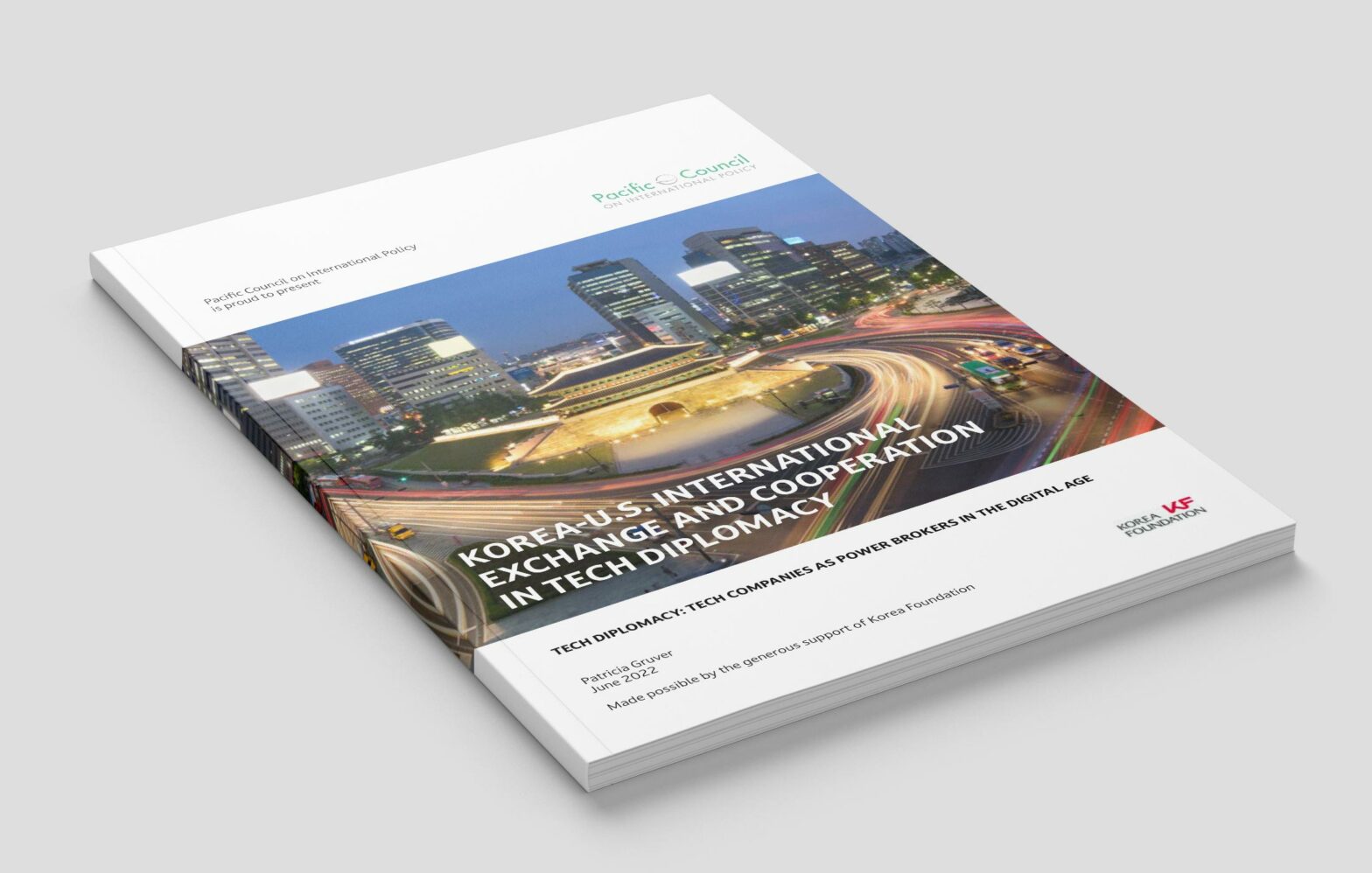By Patricia Gruver
Digital munitions are free and can quickly and easily erode the fabric of society. State-sponsored campaigns to manipulate politics and even incite genocide have crossed the divide between the physical world and the digital world, with tech giants unwilling to protect their users in order to turn a profit. As we’ve seen with Facebook’s influence on elections, the past decade has shown us that technology can disrupt democracies. It can also allow authoritarian governments to expand the control they already have on their citizens, as we’ve seen in China with facial recognition in Xinjiang.
The economic and political influence alone of the largest American tech companies eclipses that of many countries; hence, why such companies are sometimes referred to as “net states.” Moreover, the power within these companies is held by a handful of the tech elite who have the ability to wield profound influence on our global society. As the information war trudges on and tech companies fail to hold back the flood of disinformation from the enemy, discourse with large, influential tech companies – big tech – can no longer be viewed as optional for diplomats, but as a necessity.
PDF, 1.4 MB
Published by: Pacific Council on International Policy—Korea-U.S. International exchange and cooperation in tech diplomacy
